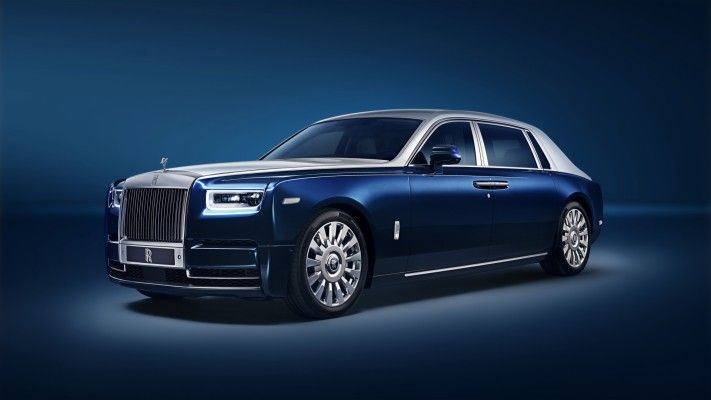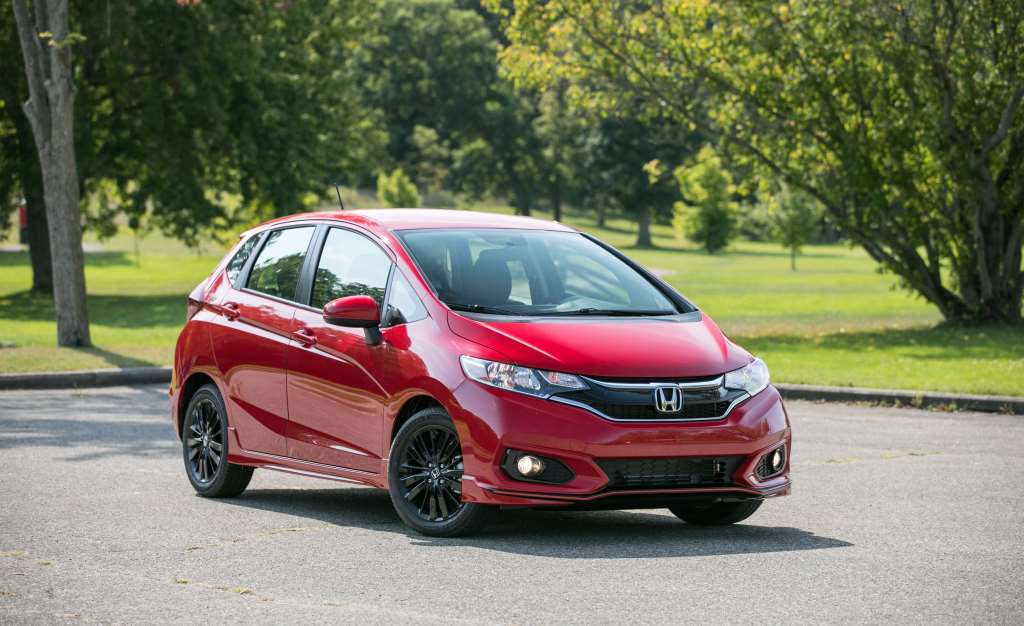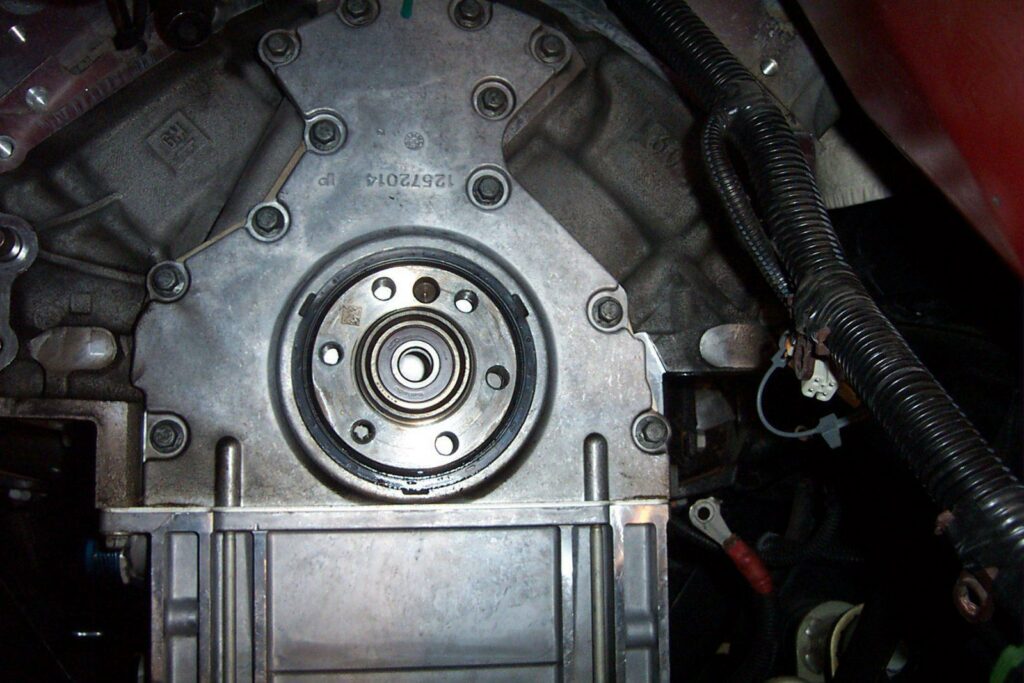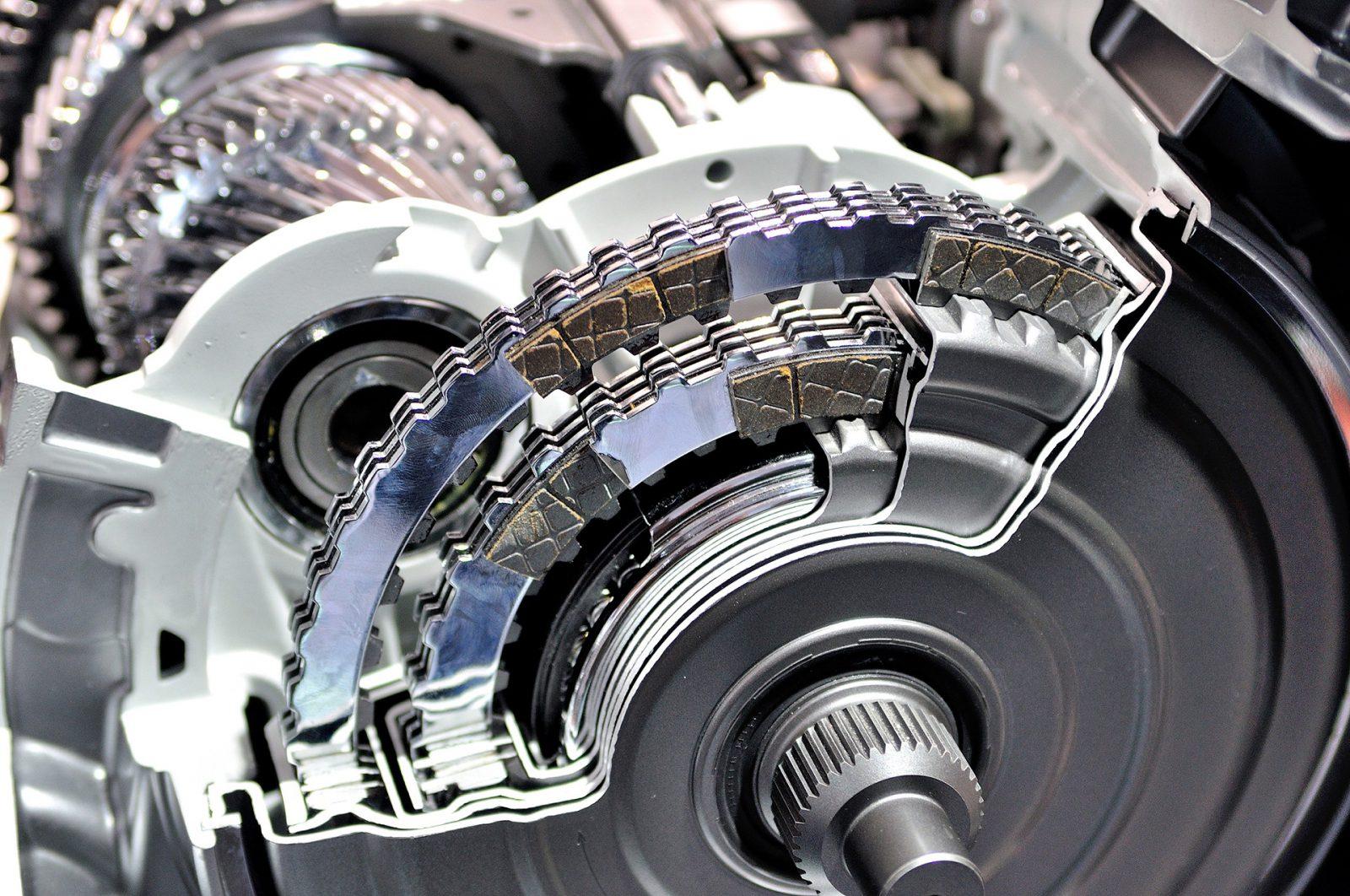
Honda cars released during 1999-2004, usually face transmission issues. Car models such as Accord, Civic, and Odyssey are the worst example of Honda CVT transmission problems.
Because of CVT (Continuously Variable Transmission), a car may stop working properly. If you find that car jerks while accelerating, it is a sign of transmission issue.
Honda Problems Associated with a Continuously Variable Transmission
CVT is the system of improved acceleration and enhanced fuel economy but people still doubt its efficiency.
Here is the list of some Honda CVT Transmission Problems:
1. Irritating Noise

The cars with this system generate noise during initial acceleration. This noise is produced because CVT tries to adjust the engine speed. Such noises can be irritating, specifically when the noise is compared to the sound of slipping clutch comes from a manual transmission.
So, if you are used to driving car with an automatic transmission, you may find a little trouble!
2. Jerky Movement
The cars with continuously variable transmission are supposed to offer a smooth transition while accessing utmost power. However, there has been a problem of jerky movement during initial acceleration.
Moreover, people also complain about the rattling noises during slow speed. Some issues of abrupt movement in starting system or engine have also been noticed. Besides this, if the car’s fuel efficiency has decreased, this is a clear sign of transmission problem.
3. More Expensive
The drivers who have driven cars with a manual or an automatic transmission usually find difficulty if they switch to a car with this system. For them buying a vehicle with CVT is a more expensive deal in comparison to other transmission systems.
4. No Change in Gear Shift
The cars with CVT system don’t give the feel of any gear shifts like the automatic transmission vehicle. In other words, you don’t feel a change in the engine speed when shifting gears.
This is because paddle shifts are incorporated in vehicles with CVT system to stimulate gear changes. Consequently, the paddle shifter allows to transmit electronic signals to the clutch, which causes gear shift. This is exactly what happens in an automatic transmission engine.
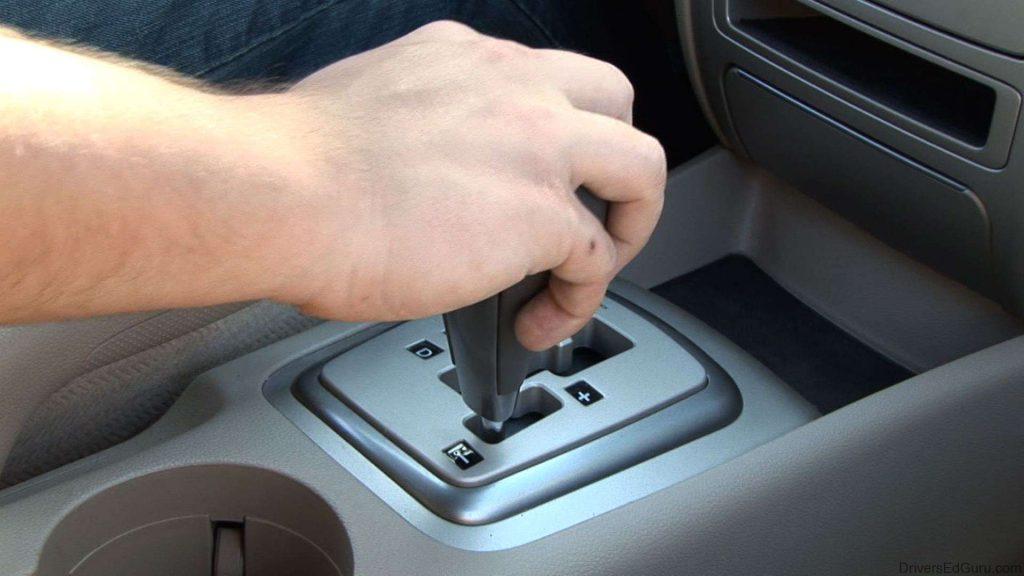
What Causes the Honda CVT Transmission Problems?
CVT is an automatic car transmission system using a belt and pulley for an unrestricted range of gear ratio. It is the part of car that turns engine rotations into torque; allowing one to drive at variable speeds.
However if the engine turns on, the car still won’t shift into gear; resulting in a faulty torque converter. In most of the Honda cars the torque converter is worsening with the leaking and burning transmission fluid.
The Honda CVT transmission problems are quite difficult and expensive to solve. So, it’s better to follow a few maintenance tips at the initial stage. Regular checking at your parking spot for transmission leaks can work precisely to mark the issues. And for the more complicated problems taking the car to a professional service station will be a right thing to do.
Source: Car From Japan


